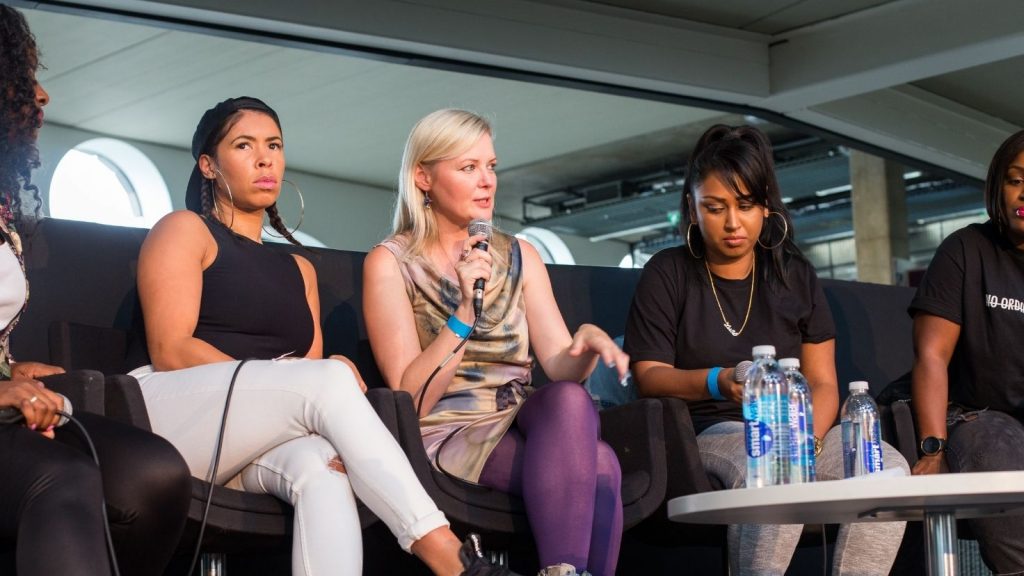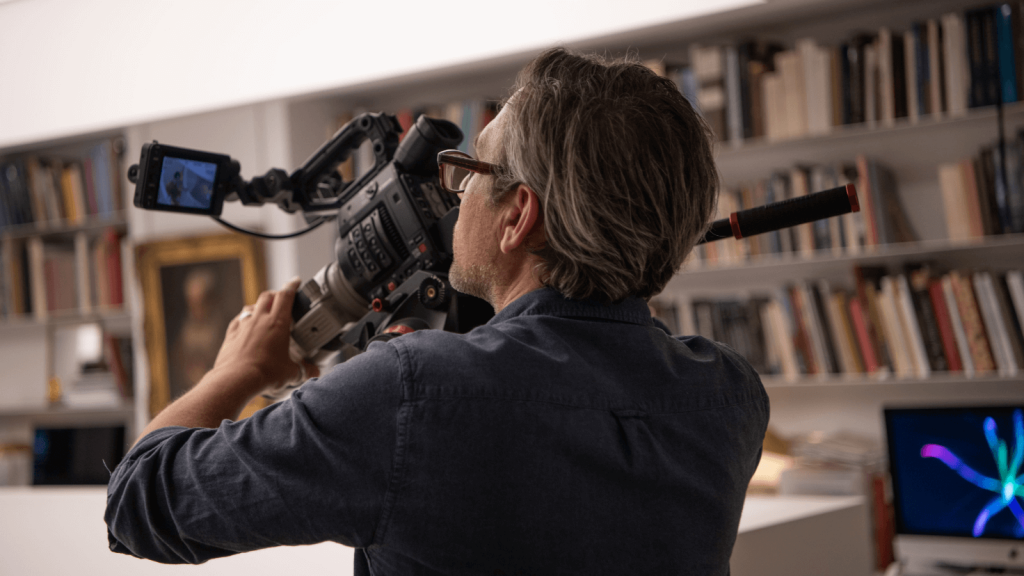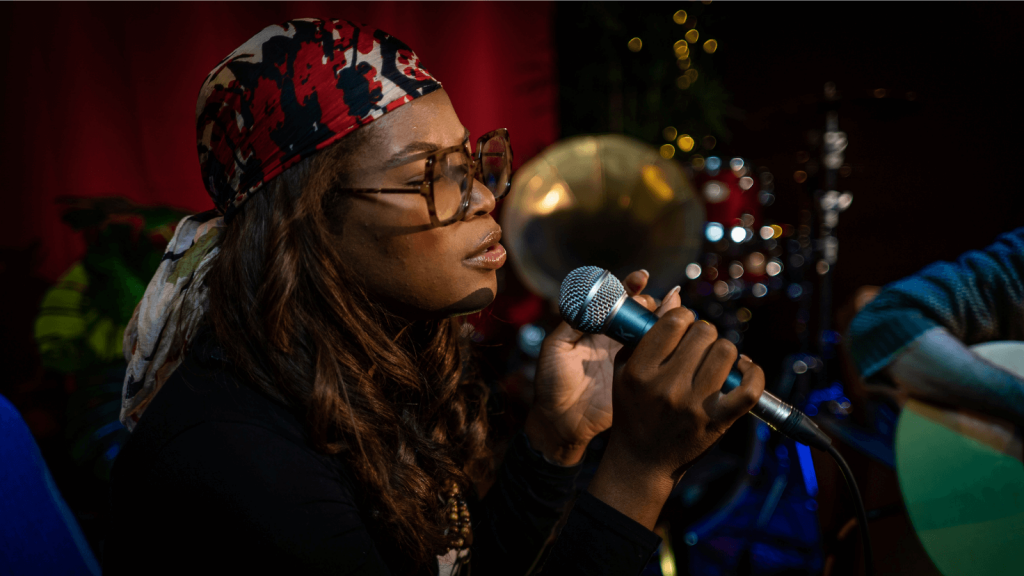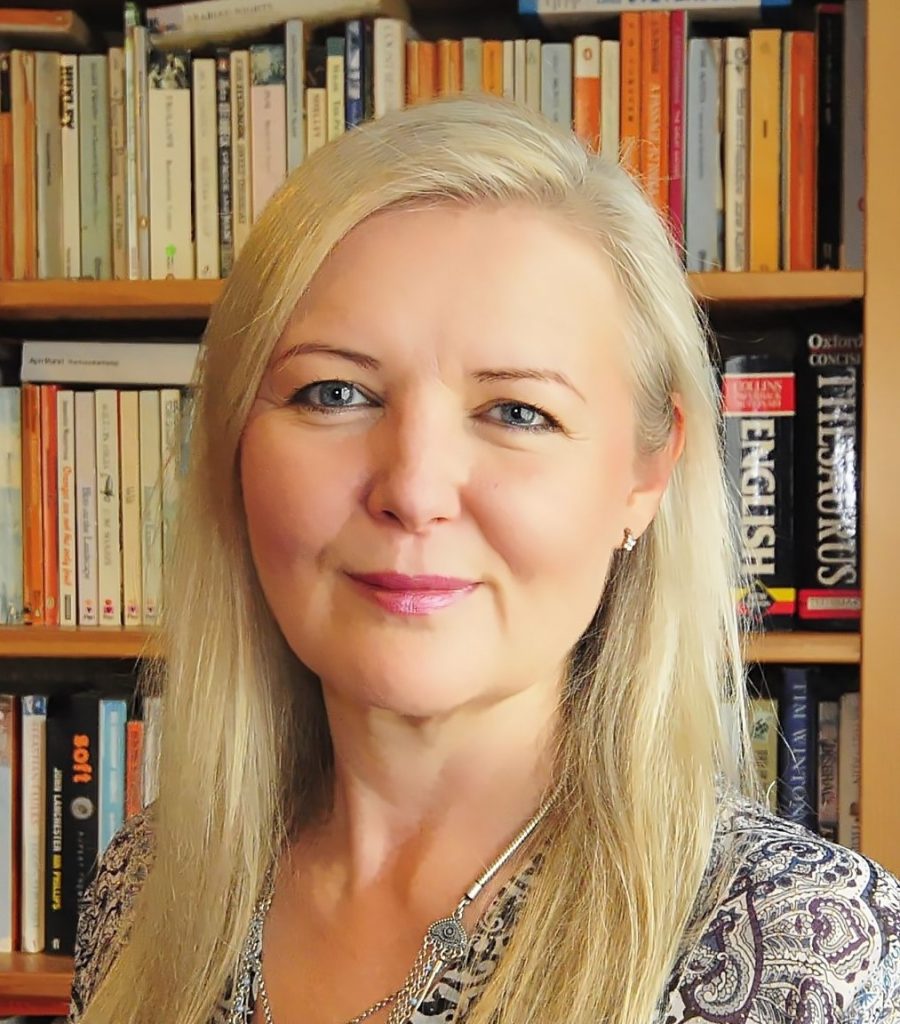This is a guest blog by Vick Bain. Vick is the Founder of The F-List for Music and incoming President of the Incorporated Society of Musicians.

Until now, women have faced many barriers to playing live gigs and at festivals. I have written about this many times before.
Women are less likely to benefit from the economic advantages of the music industry. By this I mean that women are less likely to be given investment by record labels and publishing companies. This leads to live music agents and management companies, and venues and festival stages.
In addition, most women at some stage in their lives are mostly responsible for children or sick and elderly relatives.
These factors stem out of gendered social roles and stereotypes and unconscious bias.
Together, they mean that women can suffer a penalty in their careers, especially in an industry that often requires working at unsociable hours or being away from home for significant periods of time.
Many female musicians find themselves self-releasing on their own terms. Playing gigs on their own terms is trickier because it involves persuading a promoter to book them.
The process of persuading a promoter to book you can be fraught. Especially when you are starting out and don’t have an agent.
Can you prove your economic value to a promoter? How many potential fans can you bring to this gig or festival?
How many other women are on the line-up? I’ve heard countless stories of women being told they can’t be booked because ‘there is already another woman playing that evening’.
How ethical is that promoter? Again, I have heard numerous horror stories of women being sexually harassed or propositioned by ruthless and unprincipled promoters.
And if all of those things can be managed, can you get home safely at night?
As a result, far, far fewer women play live than men.
Live-streaming has changed the game for female musicians.
Many female musicians are using live-streaming as a way to take control of their careers and perform safely. This is particularly relevant during the COVID-19 pandemic or if musicians or audience members are clinically vulnerable.
That said, I don’t believe livestreaming or its benefits will go away once the pandemic is behind us.
Research published last year (Haferkorn et al 2021) revealed that 63% of 777 participating musicians had livestreamed at least one performance in the previous year. Thirty percent of these livestreaming musicians were female. This is a higher statistic than most festival stages.
This is despite barriers to entry for live-streaming including the cost of equipment, technical know-how to set up a good home broadcast system, good internet connections, and homes not being entirely suitable with regards space or soundproofing.
Thankfully there are brilliant solutions springing up with companies like OnJam providing the technical and space solutions for musicians who may not have all the professional equipment they need to produce a top-quality show.

What are the benefits to musicians?
Female musicians can use live-streaming to grow new income streams via selling tickets and receiving donations. Musicians and producers can use a variety of locations, and make it look and sound like a professional broadcast. They can also allow for audience interactivity and expand to an international audience.
With appropriate promotion to their fanbase, musicians can build their audience and earn a meaningful income stream from digital. This especially applies if they can have a top quality show produced for them at little cost.
This is in a world where the mainstream music streaming platforms (Spotify, Apple, Deezer, Tidal and so on) make it almost impossible to earn money.
Hesmondhalgh et al, 2021 estimate that one million streams on most platforms would equate to approximately £5K in earnings for all rights-holders. Most musicians achieving these sort of figures are likely to be in a record deal, so they would perhaps earn just £1K per month as they only earn a percentage of royalties. And that’s if they were the sole performer/writer on the track! As a result, most musicians do not earn much from digital.
And it is more difficult for women earning money from their music. There is a gender pay gap for musicians with men earning an average of £20K per year out of music while women earn only £13K.
So live-streaming does benefit musicians financially, and in terms of growing their global audience.

There are benefits for audiences, too.
Don’t get me wrong, I love live music performances.
But over the past two years I have developed a huge appreciation for digital concerts and broadcasts of performances.
In many cases, I would never have been able to attend these concerts because of my location. After over 20 years living in London, I am now based in Cornwall.
For others it may be other personal or health circumstances which make this an appealing and very positive development.
So to know that some of my favourite musicians are available digitally is exciting and rewarding. I believe this will continue long after every single restriction has been removed coming out of the pandemic.
And it benefits female musicians too. A win all round really.

Vick Bain is a music industry consultant specialising in equality, diversity & inclusion. Founder of The F-List for Music and incoming President of the Incorporated Society of Musicians.
The F-List for Music helps UK female and gender minority musicians overcome structural barriers and sustain their music careers for longer. With a board of women from across the music industry, dozens of Social Media Ambassadors, and a growing list of partnerships with esteemed music industry organisations and festivals The F-List is not just a list. It’s a growing community of over 5,000 musicians featuring up-to-date information on UK-based female and gender expansive musicians, songwriters, and composers from every genre of music allowing them to be easily found and booked for professional opportunities.
